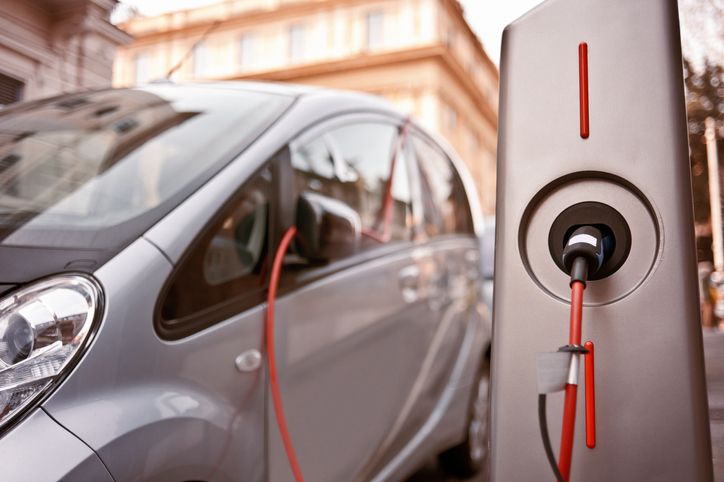Superior Essex Agrees to Acquire Remaining Ownership Stake in Essex Furukawa Global Joint Venture from Furukawa Electric
ATLANTA — Superior Essex, a global leader in the magnet wire and communic...
48V mild-hybrid powertrains from 25 car brands will extend factory and platform life. They rise to a flood in 2020. Most use belt-driven alternator replacements for starter, torque-assist for downsized engine, and primitive regenerative braking. The reduction in carbon dioxide emission keeps things legal as emissions laws tighten. It is quieter and uses less fuel. Favorite uses for the extra electricity stored in an added lithium-ion battery are an electric supercharger instead of turbocharger for better fuel economy and performance, and active suspension for improved comfort.
IDTechEx predicts 48V hybrid will peak at a huge 13 million cars made in 2027, 10-15% of the car market. This is something that those with legacy assets in internal combustion ignore at their peril. There is more, as revealed in the new IDTechEx report “48V Mild Hybrid and 48V Full Hybrid Vehicles 2020-2030.”
48V hybrids will be easily incrementally improved way beyond past targets. Better economy, performance and comfort are coming from motor integration and abandoning the lead-acid battery with its associated cost of short life and dual-voltage charging. Advanced power electronics means less cooling, less to go wrong.
Raghu Das, CEO of analysts IDTechEx, adds, “However, nothing is more important than transitioning to a 48V full-hybrid, a true electric vehicle with Prius-like silent-mode, pure-electric features at a fraction of the cost and 20% emissions reduction on conventional, then even more. Consider Geely’s leadership with supercapacitors for handling many more electric accessories kicking in together – the best regeneration. Add the Hyundai large solar roof just announced on a conventional hybrid. Ultra-simple, tiny range-extender type engines? Huge gains in emissions, economy, comfort and unprecedented low cost and elegant simplicity await.”
Lithium-ion battery shortages? Then think about making over 30 Prius replacements for every Tesla costing three times as much. That is still a huge benefit to the planet and city pollution, compared to hanging on with gas-guzzling, traditional internal combustion with the increasing cost from fitting emissions controllers. Indeed, the total cost of ownership of 48V full-hybrid will be much lower than traditional hybrids. 25% emissions reduction on conventional internal combustion comes later. There is even a place for them in the form of buses and trucks. Watch Eaton. Borg Warner and Continental already have impressive capability in 48V full-hybrid car systems. Others are joining.
To find out more about Electric Vehicle research available from IDTechEx, visit this link. To connect with others on this topic, IDTechEx Events is hosting: Electric Vehicles – Everything is Changing, Nov. 20-21, 2019, Santa Clara, USA
Check out Essex solutions for EVs, Hybrids, and other electrified commercial vehicles.
